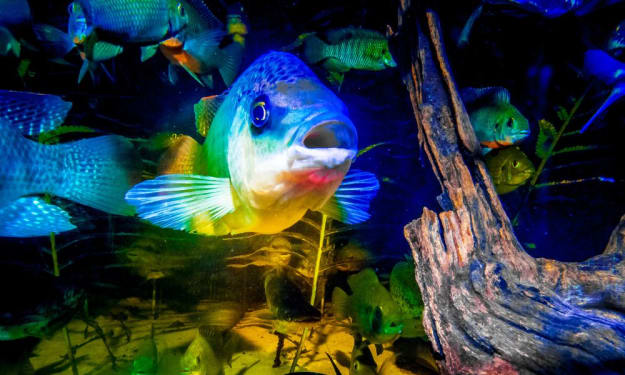Roberto Marchesini, "Il cane secondo me"
What is a actually dog?

“I would like to talk about the trust of dogs, about the thousands of inspirations they arouse with their apparent mute presence. Dogs are always there! What a strange thing to know that there is someone who does not reserve, that you do not have to convince, that he will not want to be reciprocated, that does not consider it an obligation or kindness to accept your invitation! " (page 24)
It happens that the most beautiful books, those that change your perspective on the world a little and leave you with an enrichment that will never go away, are not fiction books. This is the case of The dog according to me by Roberto Marchesini. It is not a dog training manual, it is not a text on philosophy, nor on ethology or phylogeny. It is a mixture of all these things, however, seasoned by the skill of a very poetic pen, capable of evoking feelings, emotions and a yearning made of memories, of passing time.
Wind of memories, private events and dogs that enter the life of the author (ethologist, posthumanist philosopher, founder of zooanthropology and the Siua dog school), make a stretch of road beside him and go away, as they are destined to leave. beyond the rainbow bridge all the animals that share existence with us. Each dog a piece of life, each dog a time of him, different from our frenetic and inconstant, a time dilated by a life that is too short: a handful of years for us, an entire existence for him. And the dogs of Marchesini, Pimpa, Isotta, Toby, Filippo, Bianca, Belle, Maya, Spino, are not narrated in a diachronic and linear way but "recovered" through memories that sway, merge, open parentheses and digressions. Back and forth in time that seems to be the constant of this text, a time sought after, rediscovered, relived with nostalgia, pain, love. Because this is, beyond all dog-loving teachings and philosophical reflections, a great love story dotted with defeats, errors, renunciations, learning, ecstatic moments.
“Maya who, like all dogs, does not see death but loneliness. As long as you are together the stars remain fixed in the sky, you can fall asleep dreaming of continuing the fight. " (page 29)
The Siua school wants to teach us to relate in the right way to that distant proximity that is the mystery of dogs, different from us yet linked to our species, bearers of breed characteristics but also of marked individuality.
"We are always at risk of falling either into egocentric projection, all involved in sympathy, banal in its anthropomorphisms as an unknown factor in the predicates of diversity, or into total disjunction, which distances the animal - non-human enough to make it an object or phenomenon, without any commonality. (page 7)
The basis is the hypothesis of an inverse domestication of the wolf towards man, hence the birth of the dog, which is, in fact, the result of a collaboration in turn capable of changing man himself. And it will be precisely this need for active collaboration, work and play, the starting point of a correct master dog relationship, where the dog is respected in its singularity and specificity, without harmful anthropomorphizations, without wanting to hide or dampen its animality.
Educating a dog does not mean transforming him into a model citizen but bringing out his nature, channeling it, helping him to “make himself”, to shine through shared rules but also freedom and spaces of autonomy. "Education is never a wiping out of talents," says Marchesini.
The dog changes us, makes us more present to ourselves and to the moment we are living, more aware of our body, movements, proprioception. The dog makes us rediscover our denied animality.
"After all, dogs have this fantastic ability to bring you back to earth and to put in brackets all those superstructures and artificiality with which we normally ruin our existence. If only we grant them the inspiration to show us a different world. (page 147)
About the Creator
Patrizia Poli
Patrizia Poli was born in Livorno in 1961. Writer of fiction and blogger, she published seven novels.
Enjoyed the story? Support the Creator.
Subscribe for free to receive all their stories in your feed. You could also pledge your support or give them a one-off tip, letting them know you appreciate their work.






Comments
There are no comments for this story
Be the first to respond and start the conversation.